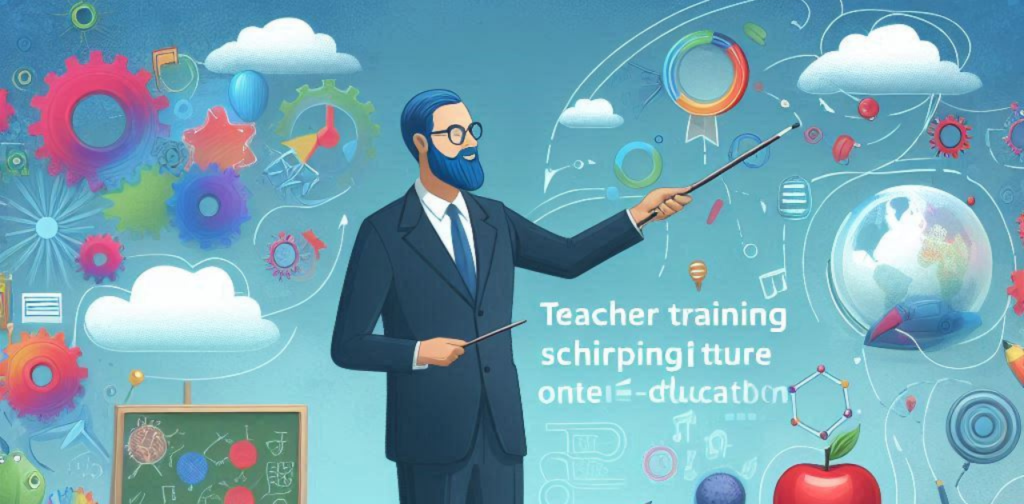Teacher Training: Shaping the Future of Education
Introduction
Teacher training is an important component of any effective education system. It equips aspiring and experienced educators with the knowledge, skills, and mindsets to create engaging and effective learning environments. This article explores the importance of teacher education, its key components, challenges, and the future of the profession.
Body
Teacher training
programs typically include various components, including:

- Pedagogical Knowledge: Understanding of teaching methods, learning theories, and classroom management strategies.
- Subject Mastery: Developing in-depth knowledge of the subjects being taught.
- Curriculum Development: Mastery in designing and implementing engaging curriculum.
- Assessment: Learning how to measure student progress and provide meaningful feedback.
- Technology Integration: Developing skills in using technology to enhance teaching and learning.
- Special Education: Understanding the needs of students with disabilities and providing appropriate support.
- Classroom Management: Learning strategies to create a positive and productive learning environment.
- Professional Ethics: To develop a strong sense of professional responsibility and ethical conduct.
Benefits of effective teacher training
- Better Student Outcomes: Well-trained teachers are more likely to produce positive student learning outcomes.
- Increase teacher satisfaction: Effective training can increase teacher morale and job satisfaction.
- Increased Professional Development: Ongoing training supports the growth and development of teachers.
- Strong Education System: A strong teaching workforce contributes to the overall quality of education.
Challenges in teacher training
- Teacher Shortage: Difficulty in attracting and retaining qualified candidates for teacher training programs.
- Limited Resources: Insufficient funding for teacher training programs and ongoing professional development.
- Theory-Practice Gap: Challenges in bridging the gap between theoretical knowledge and practical classroom experience.
- Diverse Student Population: Meeting the needs of an increasingly diverse student body.
Table: Comparison of traditional and modern teacher training

| Feature | Traditional teacher training Training of modern teachers
|—|—|—|
| Focus | Knowledge of the subject Academic knowledge and skills
| Delivery Method | Lectures and textbooks Integration of experiential learning and technology
| Evaluation Standard Test | Performance Based Appraisal |
| Emphasis Teacher Oriented Instruction | Student-centered learning
Result
Teacher training is an ongoing process that is essential to student success and the overall quality of education. By addressing the challenges and investing in high-quality teacher preparation programs, we can build a strong foundation for future generations.
Frequently Asked Questions
- What Qualifications Are Needed to Become a Teacher? Teacher qualifications vary by country and region, but typically include teacher certification as well as a bachelor’s degree in education or a subject-specific field. is included.
- How long does teacher training take? Teacher training programs can last from one to several years, depending on the level of education and specialization.
- What is the role of mentoring in teacher training? Mentoring provides guidance and support to new teachers as they transition into the classroom.
- How can teacher training be improved? Increasing funding, emphasizing practical experience, and incorporating technology can enhance teacher training programs.
- What is the importance of continuing professional development for teachers? Continuing professional development helps teachers stay up-to-date with educational trends and best practices.

By prioritizing
teacher training and support, we can empower teachers to make a lasting impact on the lives of their students.
Would you like to focus on a particular aspect of teacher training for a more in-depth article?
